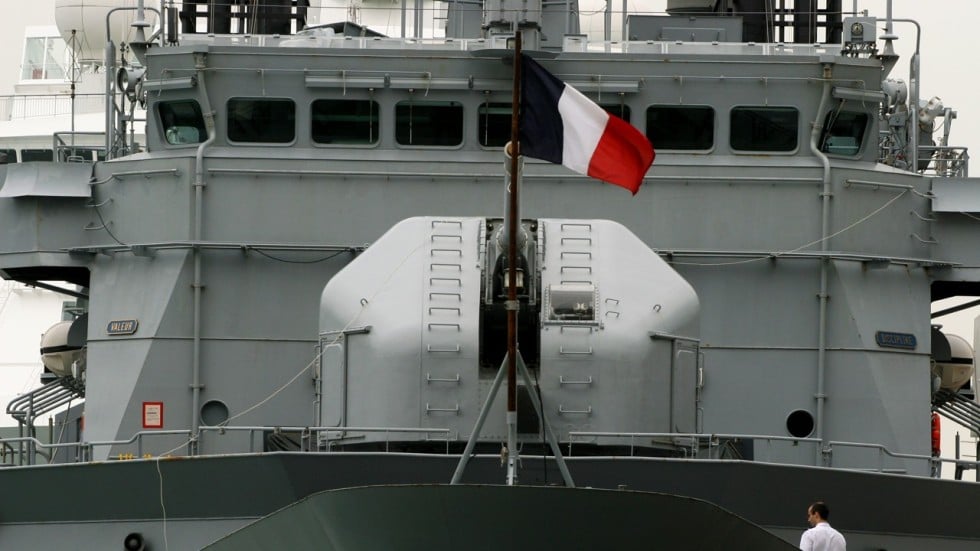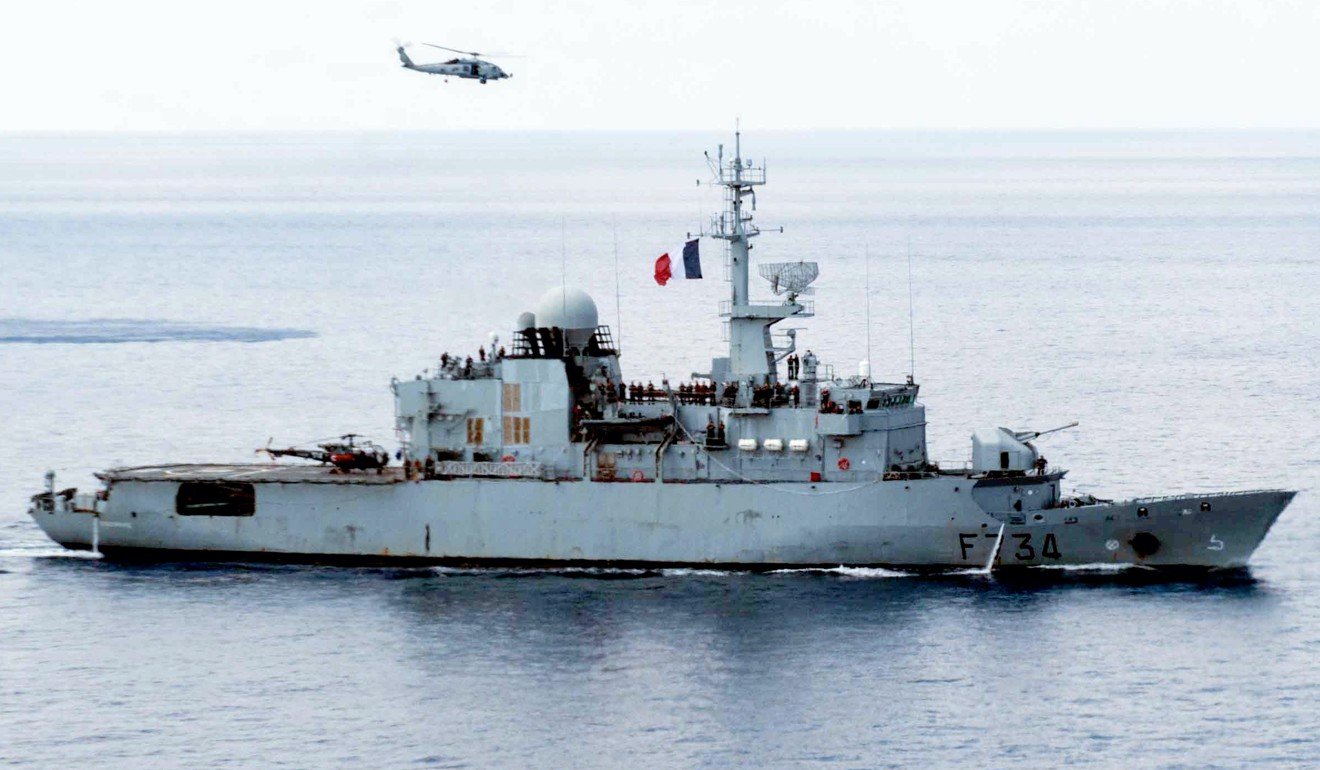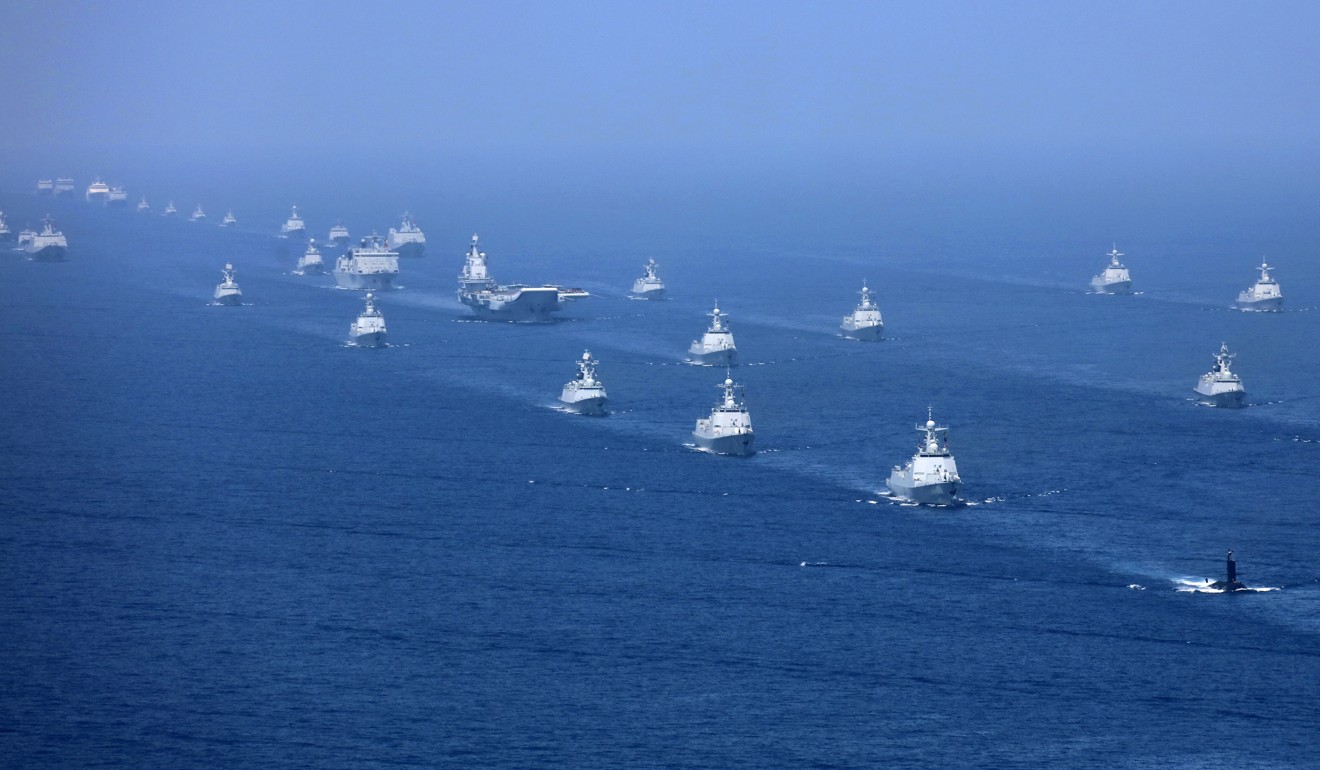Mathieu Duchatel
 The deployment is part of Pitch Black, an annual multilateral joint exercise described by the Australian host as “pivotal to ensuring [the] air force remains ready to respond whenever the Australian government requires”. It will be followed by Mission Pegase in August, when a French Air Force contingent is to visit Indonesia, Malaysia, Singapore and India. The French Ministry of Armed Forces describes that mission as helping to “deepen our relations with our main partner countries”, “maintain operational condition so that the air force can be deployed anywhere in the world and showcase France’s power projection capacities and defence aeronautics industry”.
The deployment is part of Pitch Black, an annual multilateral joint exercise described by the Australian host as “pivotal to ensuring [the] air force remains ready to respond whenever the Australian government requires”. It will be followed by Mission Pegase in August, when a French Air Force contingent is to visit Indonesia, Malaysia, Singapore and India. The French Ministry of Armed Forces describes that mission as helping to “deepen our relations with our main partner countries”, “maintain operational condition so that the air force can be deployed anywhere in the world and showcase France’s power projection capacities and defence aeronautics industry”.
The contingent will transit through the southern tip of the South China Sea, providing France with a new occasion to assert what it sees as its freedom of navigation and overflight under the United Nations Convention on the Law of the Sea, or UNCLOS.
This show of air power follows regular deployments by the French navy in the South China Sea.
Since 2015, the annual Jeanne d’Arc mission, a training exercise for future navy officers carried out by one Mistral-class amphibious assault ship and one frigate, has systematically sailed through the South China Sea in the spring.

In addition, the disputed waters have seen deployments by the surveillance frigate Vendémiaire in 2014, 2015 and this year; the Polynesia-based surveillance frigate Prairial last year; and two anti-submarine FREMM frigates – the Provence in 2016 and the Auvergne this year.
France’s decision to regularly deploy military assets in the South China Sea must be taken for what it is: an exercise in signalling.
As with all such operations, what matters is ensuring the message is accurately understood by the recipients, and that it affects their behaviour.

The first signal is directed at China. It can be summarised in one word: “counter-intimidation”.
In the context of China’s use of military power to create a fait accompli in the South China Sea, it is seen as important to convey to Beijing that the French military will operate in the space allowed by international law – without interference from China.
This is why the FREMM-class Auvergne frigate conducted its first deployment in the South China Sea in October, testing anti-submarine equipment in a contested area where the PLA Navy has sought undersea supremacy.
Similarly, the Jeanne d’Arc mission is conceived as a “tool of knowledge and anticipation”, according to the French defence ministry. As with any deployment by any navy, there is an intelligence dimension to the operation, as the French forces gain a more precise understanding of an area subject to competition over maritime security and the risk of armed conflict.
It should come as no surprise if the French navy boosts its South China Sea presence, since France’s commitment to a rules-based maritime order seems understood even in Beijing.
The second signal is directed at the international community and concerns French support for a maritime order based on international law.
Like the US Navy, the French navy has an institutional culture of upholding its interpretation of UNCLOS, especially on the two contentious points: what is allowed during innocent passage and the right to maintain a naval presence in all exclusive economic zones.
As China has yet to clarify its claims for territorial waters and an exclusive economic zone in the South China Sea, especially in the Spratly Islands, the important element, from a French perspective, is the principle: what is at stake in the South China Sea is the future of the rules-based international order.
A third series of messages target France’s major partners in Europe, especially Britain and the EU. The implementation of the 2010 UK-France Lancaster House Treaty and the construction of a combined joint expeditionary force are a cornerstone of France’s relations with Britain, taking on particular importance in the context of Brexit.
France’s warm welcome of Royal Marines helicopter detachments to the Jeanne d’Arc missions in 2017 and 2018 shows that of all European nations, Britain is the most like-minded when it comes to assessing security trends in East Asia.
The French intention regarding the EU is to create a coalition in Europe in support of a common foreign and security policy that takes military power seriously and operates globally, rather than in Europe’s periphery.

Taking European observers on board French ships during the Jeanne d’Arc deployment serves that objective.
The fourth message has gradually taken its current form under the presidency of Emmanuel Macron: a clear endorsement of the “free and open Indo-Pacific” terminology, a notion crafted to dilute the US-China rivalry and bring India into a coalition of those willing to constrain China’s rising influence.
The terminology exerts a magnetic attraction in French strategic circles because it gives even more legitimacy to a global security influence for France and stresses an order based on universal rules and norms.
Managing the cost in terms of its relations with China has been an important consideration for France. While Germany’s preference for frank, closed-doors talks extends to the South China Sea, France has taken more risks by pursuing public exposure.
Yet, the French posture has had only a minor impact on Beijing-Paris relations. And both sides have managed the issue cautiously, to prevent their fundamental disagreement over the South China Sea from affecting other areas of the bilateral relationship.
On the one hand, France insists on the distinction between non-aggressive transit, the term preferred by the Marine Nationale, and American freedom of navigation operations that involve sailing within the 12 nautical miles around some of China’s artificial features in the Spratly Islands to deny that they are entitled to territorial seas.
On the other hand, China refrains from publicly criticising the French operations, while it could have decided otherwise.
This is particularly true today, when the pressure exerted on China by the Trump administration on several fronts, especially trade and investment, engenders an accommodating mood in Beijing with regards to Europe.
In practice, France’s support for the “open and free Indo-Pacific” does not prevent China from prioritising a search for common ground on trade, investment and issues of global governance.
Looking ahead, it should not come as a surprise if the French navy stepped up its presence in the South China Sea. So far, the serious and prolonged French commitment to a rules-based maritime order seems to be understood even in Beijing.
While there is little evidence that such deployments may radically change China’s calculus regarding the South China Sea, this is not the point. The important thing is that this exercise in signalling is to be taken together with other actions in support of a maritime security order based on shared rules and norms.
No comments:
Post a Comment